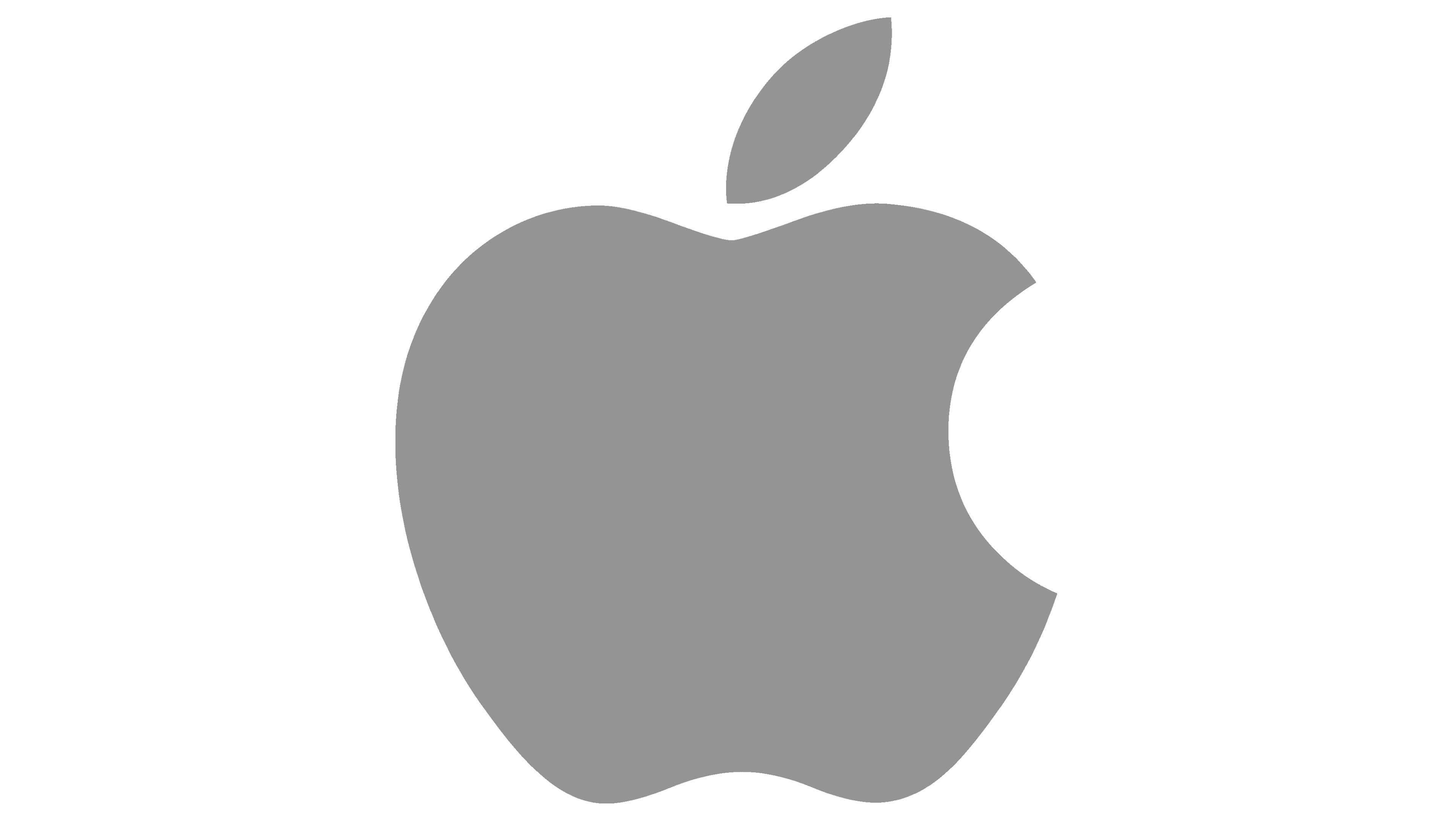As users become aware of data exploitation, digital privacy is increasingly sought after. Individuals have become less trusting of online platforms and the government over the past few years. Laws such as the General Data Protection Regulation (GDPR), the California Consumer Privacy Act (CCPA), and the recently drafted Exposure Notification Privacy Act (ENPA) are proof of the growing fear of data privacy infringement. With this in mind, digital advertisement has become a ubiquitous topic in today’s world.

After documentaries such as “The Social Dilemma” and “The Great Hack” exposed platforms for influencing elections and (mis)using individuals’ data to create personalized ads, privacy surfaced into many conversations – a 2019 study showed that the majority of Americans (81%) think that the potential risks outweigh the benefits when it comes to data collection and 70% of Americans believe that their data is less secure than five years before (2014) [1]. Google is one of the companies that took action by creating the FLoC (Federated Learning of Cohorts) [2] and drafting a plan to remove third-party cookies (data bought from other companies) [3]. The Federated Learning of Cohorts is a tool that groups users into clusters instead of analyzing their information as individuals, making it harder to identify a person within a crowd; it is 95% effective when compared to cookie-based advertising (“a small file saved on people’s computers to help store preferences and other information that’s used on webpages that they visit,”) [4]. In addition, an announcement made in March 2021 by the company declared that, once the platform officially phases out third-party cookies, it won’t install alternative identifiers [3]. Although Google and many others are investing in user data protection, no other solution promises to be as revolutionary as Apple’s.
App Tracking Transparency (ATT)
While advertisers state that getting ads related to what one wants or needs to buy outweighs the privacy issues that arise from this method of marketing, an increasing number of individuals disagree. Apple has recently released a new update that addresses these concerns, as it now gives users the opportunity to opt out of inter-app tracking, revolutionizing the advertisement world. By asking individuals to decide whether or not to allow companies to track their data, Apple will limit personalized advertisement, an extremely profitable area of technology today. The company had already been prioritizing privacy in the past, with features such as the fingerprinting defense, where Safari prevents trackers from profiling users, and background tracking notifications, where a user is notified when an app is using their location in the background [5]. However, none of them have the potential to be as impactful as the new iOS 14.5.
The App Tracking Transparency framework requires apps to include an explanation stating the reasons why they want permission to track the user (Apple defines tracking as “linking user or device data collected from your app with user or device data collected from other companies’ apps, websites, or offline properties for targeted advertising or advertising measurement purposes”). If a consumer chooses not to allow apps to trace them, the developer loses access to the IDFA (Identifier for Advertisers), a number given to users so that their personal information is not revealed [6]. Without it, apps cannot send personalized content and ads, which can cause a decline in profits for social media platforms like Facebook and Snap [7]. And with the question “Allow [App Name] to track your activity across other companies’ apps and websites?”, most users will likely deny access to this data.

How it affects users App Tracking Transparency (ATT)
The new iOS 14.5 can be extremely beneficial in terms of privacy for users. With one simple touch, iPhone owners will be able to say no to tracking across websites, but that comes with a (arguably trivial) cost. Disabling cross-company tracing will result in less accurate ads, meaning that individuals will see less marketing for what they are interested in and more unrelated content. In addition, a decline in revenues due to this change might cause apps that are now free to start charging for in-app features or downloads altogether. Facebook states this as one of the reasons why people should give consent to tracking in its pop-up.

Not only do users now have the ability to disable tracking, but they also have the option to not even receive the pop-up from any app. By turning this feature off, all new tracking requests are automatically denied, and, according to a TechRepublic research, 45% of smartphone users said they will not consent to their phones to be tracked [8]. Worldwide, 15% of users are estimated to consent to inter-app tracing, while this number increases to 24% with apps that display a prompt explaining why tracking should be allowed [9].
How it affects advertisers
While the advertisement industry changes, some companies will suffer more than others. Although tech giants such as Facebook and Google will see a difference in profits arising from personalized advertisement, smaller companies such as e-commerce will most likely experience a greater decline in sales. That was Facebook’s argument when it created a website and the hashtag #DeserveToBeFound to protect small businesses [10]. According to Facebook, personalized ads help those companies increase sales by showing the user what they want to see, making it more likely that they will buy the product. Without personalized ads, these advertisers would not be able to reach out to as many customers, in addition to having a much smaller accuracy rate. They will also have a disadvantage when it comes to existing data: companies with more first-party data (collected directly from the users) already have something to base their ad campaigns on and will lose less than the ones who haven’t had the ability to build larger datasets.
Apple’s solution to these complaints is the SKAdNetwork (SKAN) [11]. This system measures the success of ads while maintain privacy by sending a “true” value to advertisers when someone installs the publicized app within a certain time frame. The information saved is the ad’s ID, and not the user’s identity or personal information [12]. Although this solves some of the issues brought up by Facebook, SKAdNetwork is being criticized by many. It imposes a limit on the number of slots per advertiser [11]; doesn’t allow retargeting, where an advertiser could show ads to inactive or former users [13]; and leads to data fragmentation, where companies will have a set of users who consent to tracking and a some who don’t, making success/failure analysis harder [13]. With SKAdNetwork not fully replacing personalized advertisements, companies might shift from investing in marketing from Apple apps to others. iOS platforms saw a decrease in a third in spending just during the month of June, while advertising on Android increased by 10%, leading to a boost of 30% in ad prices as well [14].
Conclusion
With technologies being a greater part of our day-to-day lives, people believe that there needs to be a boundary between our private and public lives. While it is easy to not post about our every minute in social media, it is harder to make sure we are not being tracked, and Apple’s new iOS 14.5 is a step towards accomplishing that. It has great benefits to users, who will now be able to decide whether or not to allow advertisers to trace them, but it will have an immense impact for the companies responsible for these ads. While some of them can rely on their already built datasets, research, and brand name, others will experience a decrease in revenue, or will have to add paid features to their apps. Some have already shifted their investments to Android platforms, but it is believed that soon most tech developers will follow Apple’s steps towards a more private world.
References
[1] Brooke Auxier, Lee Rainie, Monica Anderson, Andrew Perrin, Madhu Kumar, and Erica Turner, “Americans and Privacy: Concerned, Confused and Feeling Lack of Control Over Their Personal Information,” Pew Research Center: Internet, Science & Tech, Nov. 15, 2019. https://www.pewresearch.org/internet/2019/11/15/americans-and-privacy- concerned-confused-and-feeling-lack-of-control-over-their-personal-information/ (accessed Jul. 05, 2021).
[2] Chetna Bindra, “Building a privacy-first future for web advertising,” Google, Jan. 25, 2021. https://blog.google/products/ads-commerce/2021-01-privacy-sandbox/ (accessed Jul. 06, 2021).
[3] David Temkin, “Charting a course towards a more privacy-first web,” Google, Mar. 03, 2021. https://blog.google/products/ads-commerce/a-more-privacy-first-web/ (accessed Jul. 06, 2021).
[4] “Cookie: Definition,” Google Ads Help. https://support.google.com/google- ads/answer/2407785?hl=en (accessed Jul. 08, 2021).
[5] “Privacy – Features,” Apple. https://www.apple.com/privacy/features/ (accessed Jun. 23, 2021).
[6] K. O’Flaherty, “iOS 14.5: How To Use Apple’s Stunning New iPhone Privacy Feature,” Forbes, Apr. 07, 2021. https://www.forbes.com/sites/kateoflahertyuk/2021/04/07/ios-145- how-to-use-apples-stunning-new-iphone-privacy-feature/ (accessed Jun. 23, 2021).
[7] M. Graham, “Apple’s upcoming iPhone privacy feature exposes Facebook and Snap to most risk compared with their peers, analysts say,” CNBC, Jan. 05, 2021. https://www.cnbc.com/2021/01/05/apples-upcoming-iphone-privacy-feature-puts-facebook- and-snap-at-most-risk.html (accessed Jun. 24, 2021).
[8] N.F. Mendoza, “What consumers really think of the upcoming IDFA opt-in, protecting privacy and smartphone data,” TechRepublic, Mar. 17, 2021. https://www.techrepublic.com/article/what-consumers-really-think-of-the-upcoming-idfa- opt-in-protecting-privacy-and-smartphone-data/ (accessed Jun. 24, 2021).
[9] Estelle Laziuk, “iOS 14.5 Opt-in Rate – Daily Updates Since Launch,” Apr. 29, 2021. https://www.flurry.com/blog/ios-14-5-opt-in-rate-att-restricted-app-tracking-transparency- worldwide-us-daily-latest-update/ (accessed Jul. 08, 2021).
[10] “#DeserveToBeFound-JoinSmallBusinessesinSupportofPersonalizedAds,”Facebook for Business. https://www.facebook.com/business/small-business/personalized-ads (accessed Jun. 29, 2021).
[11] J.RungeandE.Seufert,“AppleIsChangingHowDigitalAdsWork.AreAdvertisers Prepared?,” Harvard Business Review, Apr. 26, 2021. Accessed: Jun. 29, 2021. [Online]. Available: https://hbr.org/2021/04/apple-is-changing-how-digital-ads-work-are-advertisers- prepared
[12] “SKAdNetwork|AppleDeveloperDocumentation,”AppleDeveloper. https://developer.apple.com/documentation/storekit/skadnetwork (accessed Jul. 02, 2021).
[13] JohnKoetsier,“8limitationsofSKAdNetworkformobilemarketingmeasurement,” Singular, May 05, 2021. https://www.singular.net/blog/skadnetwork-limitations/ (accessed Jul. 08, 2021).
[14] MalcolmOwen,“Apple’sAppTrackingTransparencydrivingadvertiserstospendmoreon Android,” AppleInsider, Jul. 05, 2021. https://appleinsider.com/articles/21/07/05/apples-
app-tracking-transparency-driving-advertisers-to-spend-more-on-android (accessed Jul. 08, 2021).


